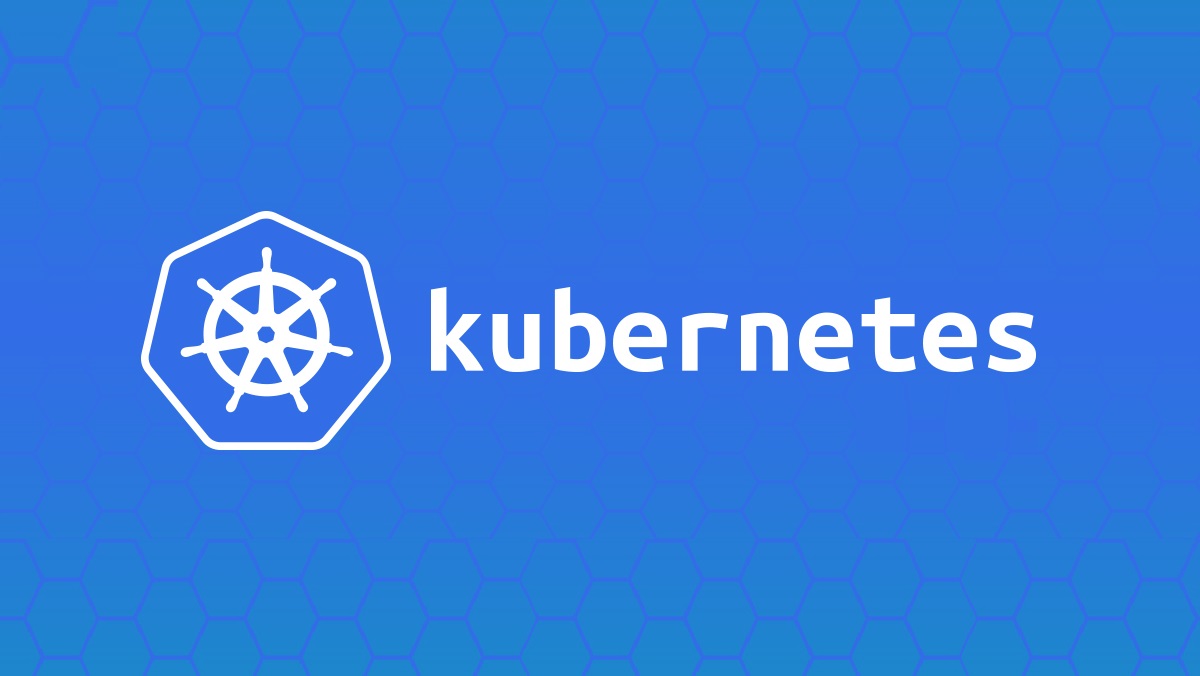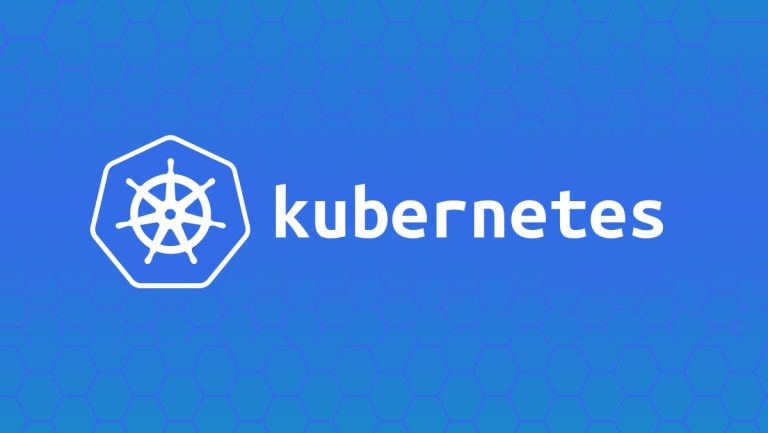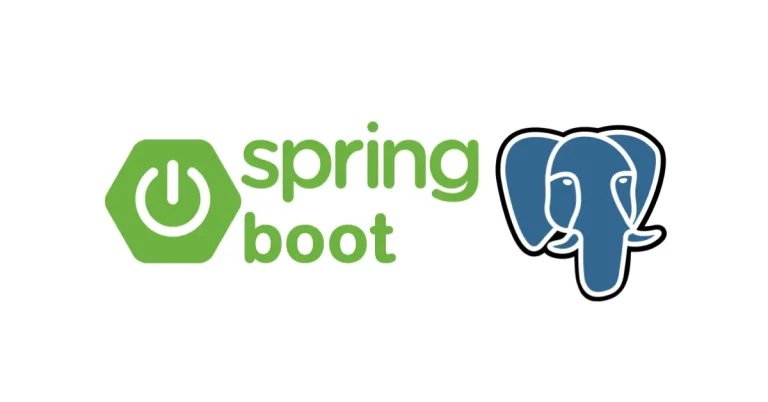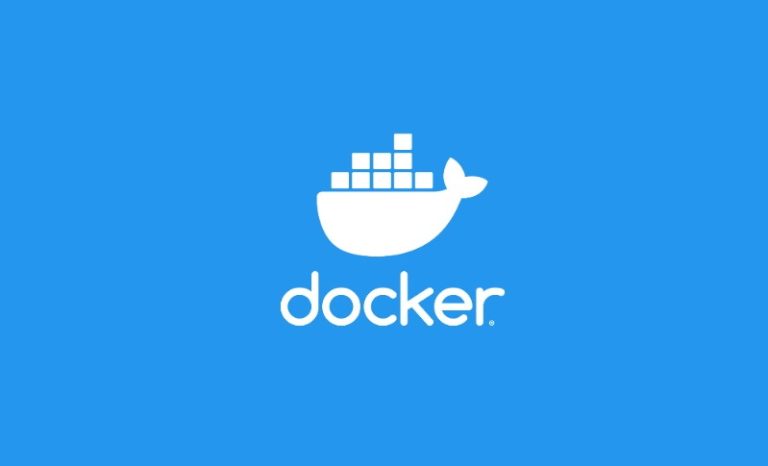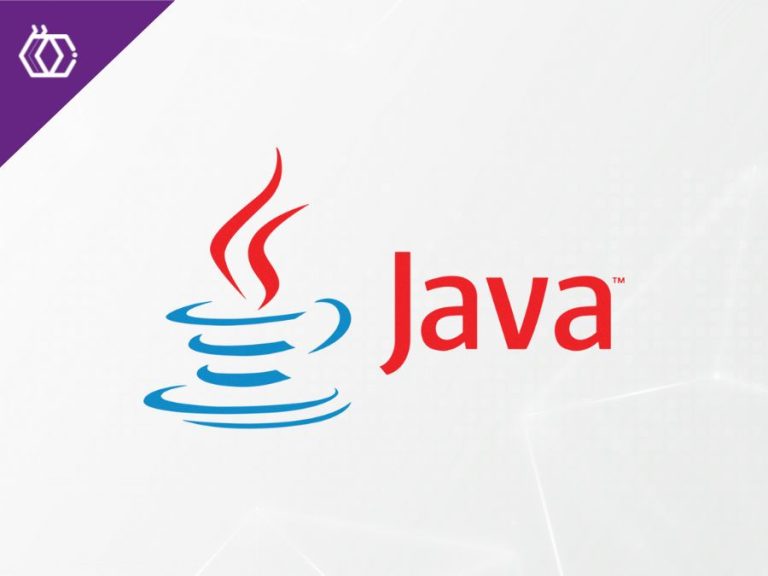Best Kubernetes Courses on Udemy, Coursera, KodeKloud, and More
Kubernetes has become the backbone of modern application deployment, enabling organizations to manage, scale, and deploy containerized applications with ease. As industries increasingly adopt cloud-native technologies, Kubernetes knowledge is no longer optional for developers and DevOps professionals looking to thrive in the tech world. But how do you go about learning Kubernetes effectively? With so many courses available online, it can be overwhelming to choose the right one for your skill level and goals.
This guide presents a curated list of the best Kubernetes courses on platforms like Udemy, Coursera, KodeKloud, and others, highlighting their key features, who they’re for, and why they’re worth your time. You’ll also find practical tips to help you select the perfect course to fit your career needs.
Table of Contents
-
- 1. Certified Kubernetes Administrator (CKA) by KodeKloud
- 2. Kubernetes for Developers by Udemy
- 3. Architecting with Google Kubernetes Engine (Coursera)
- 4. Kubernetes and Cloud-Native Associate (LF Training)
- 5. Docker and Kubernetes Complete Guide by Udemy
- 6. Kubernetes Essentials by Pluralsight
- 7. Kubernetes Hands-On – Deploy Microservices (Udemy)
- 8. Kubernetes Fundamentals (Linux Academy via ACG)
- 9. Learning Kubernetes Using Minikube (EdX)
- 10. Kubernetes in Practice by The DevOps Toolkit
1. Why Learn Kubernetes?
Kubernetes, also known as K8s, is an open-source platform designed to automate deployment, scaling, and management of containerized applications. It has become the go-to tool for companies to simplify their cloud-native architecture.
Key Reasons to Learn Kubernetes:
- Scalability: Easily scale applications up or down to handle traffic or workload changes.
- Portability: Deploy applications seamlessly across hybrid clouds or multi-cloud environments.
- Resilience: Ensure application uptime with built-in health checks and self-healing mechanisms.
- Career Advancement: Job roles like DevOps Engineer, Cloud Architect, and Site Reliability Engineer (SRE) demand Kubernetes expertise.
If you’re pursuing a career in modern software development or cloud infrastructure management, Kubernetes is a skill you cannot ignore.
2. Best Kubernetes Courses on Udemy, Coursera, KodeKloud, and More
1. Certified Kubernetes Administrator (CKA) by KodeKloud
Description: This course, designed to prepare students for the Certified Kubernetes Administrator (CKA) exam, is taught by industry experts and offers hands-on labs powered by KodeKloud’s interactive platform.
Key Features:
- Focus on practical skills through real-world scenarios.
- Includes mock exams for CKA certification preparation.
Who It’s For: Aspiring Kubernetes administrators and advanced users.
Price: Starts at $69.
Link: Learn More
2. Kubernetes for Developers by Udemy
Description: This beginner-friendly course teaches developers how to integrate Kubernetes with CI/CD pipelines and deploy containerized applications effectively.
Key Features:
- Covers core Kubernetes concepts like Pods, Deployments, and Services.
- Includes interactive Kubernetes exercises.
Who It’s For: Developers with prior Docker experience.
Price: Approximately $19.99 during sales.
Link: Udemy Course
3. Architecting with Google Kubernetes Engine (Coursera)
Description: Offered by Google Cloud, this course focuses on deploying and managing production-ready Kubernetes clusters using Google Kubernetes Engine (GKE).
Key Features:
- Real-world examples on the Google Cloud platform.
- Access to hands-on labs via Qwiklabs.
Who It’s For: Cloud engineers and architects.
Price: Free for audit; certification costs extra.
Link: Coursera Course
4. Kubernetes and Cloud-Native Associate (LF Training)
Description: This course by The Linux Foundation provides a strong foundation in Kubernetes from the perspective of cloud-native technology stacks.
Key Features:
- Comprehensive focus on Kubernetes components and concepts.
- Prepares students for entry-level certification.
Who It’s For: Beginners and professionals aiming to understand cloud-native fundamentals.
Price: Free training material; certification costs around $199.
Link: LF Training
5. Docker and Kubernetes Complete Guide by Udemy
Description: Aimed at transitioning professionals, this course covers both Docker and Kubernetes, taking learners through containerization basics before exploring orchestration.
Key Features:
- Practical projects like microservice deployment.
- Focus on best practices for DevOps pipelines.
Who It’s For: Developers and DevOps engineers learning from scratch.
Price: Around $19.99 during sales.
Link: Docker and Kubernetes Course
6. Kubernetes Essentials by Pluralsight
Description: Pluralsight’s Kubernetes Essentials introduces critical Kubernetes concepts through professionally designed video lessons.
Key Features:
- Covers topics like networking, scaling, and cluster management.
- Short, concise video lessons perfect for busy learners.
Who It’s For: Beginners and IT professionals exploring Kubernetes basics.
Price: Free trial available; subscription starts at $29/month.
Link: Pluralsight
7. Kubernetes Hands-On – Deploy Microservices (Udemy)
Description: This course provides hands-on instruction for deploying microservices on Kubernetes clusters, focusing on real-world tasks.
Key Features:
- Practical approach to Deployments, ConfigMaps, and Service Networking.
- Ideal for developers building scalable microservices.
Who It’s For: Advanced beginners with prior container knowledge.
Price: $19.99 (discounted rates available).
Link: Hands-On Kubernetes
8. Kubernetes Fundamentals (Linux Academy via ACG)
Description: Now part of A Cloud Guru, this course teaches Kubernetes essentials with entertaining yet highly informative lessons.
Key Features:
- High-quality training for certification preparation.
- Hands-on labs included for practice.
Who It’s For: Beginners starting their Kubernetes learning.
Price: Subscription required (~$49/month).
Link: ACG Kubernetes
9. Learning Kubernetes Using Minikube (EdX)
Description: EdX offers this free course to teach students how to use Kubernetes with Minikube, a local testing environment.
Key Features:
- Beginner-friendly content covering Kubernetes architecture.
- Focus on hands-on cluster deployment.
Who It’s For: Students with minimal Kubernetes exposure.
Price: Free for audit; certification costs extra.
Link: EdX Kubernetes
10. Kubernetes in Practice by The DevOps Toolkit
Description: This advanced-level YouTube series by Viktor Farcic dives deeply into real-world Kubernetes scenarios.
Key Features:
- Detailed exploration of Kubernetes tools like Helm and CI/CD pipelines.
- Excellent resource for practitioners.
Who It’s For: Experienced Kubernetes users.
Price: Free on YouTube.
Link: The DevOps Toolkit
3. How to Choose the Right Kubernetes Course
- Define Your Goals: Are you preparing for certification, or are you focusing on practical knowledge for work-related tasks?
- Know Your Skill Level: Beginners should start with fundamental courses, whereas advanced users can explore real-world scenarios.
- Preferred Learning Style: Decide whether you prefer hands-on labs, video tutorials, or text-based guides.
- Budget: Many excellent resources are free, but invest in paid content if it aligns with your career goals.
4. Summary
Choosing the right Kubernetes course is key to mastering container orchestration and taking your DevOps or software development career to new heights. Whether it’s KodeKloud for certification prep or FreeCodeCamp’s practical tutorials on YouTube, the resources outlined here cater to learners of all skill levels and help simplify the Kubernetes learning curve.
5. FAQs About Kubernetes Courses
1. Can I learn Kubernetes for free?
Yes, platforms like Kubernetes Docs, Katacoda, and TechWorld with Nana on YouTube offer free resources for learning Kubernetes.
2. Is certification necessary for a Kubernetes career?
While not mandatory, certifications like CKA boost your credibility and prove your skills to employers.
3. How long does it take to learn Kubernetes?
Basic Kubernetes concepts can be learned in a few weeks, while advanced mastery may take months of hands-on practice.
Explore these courses today and take the first step toward Kubernetes expertise!
